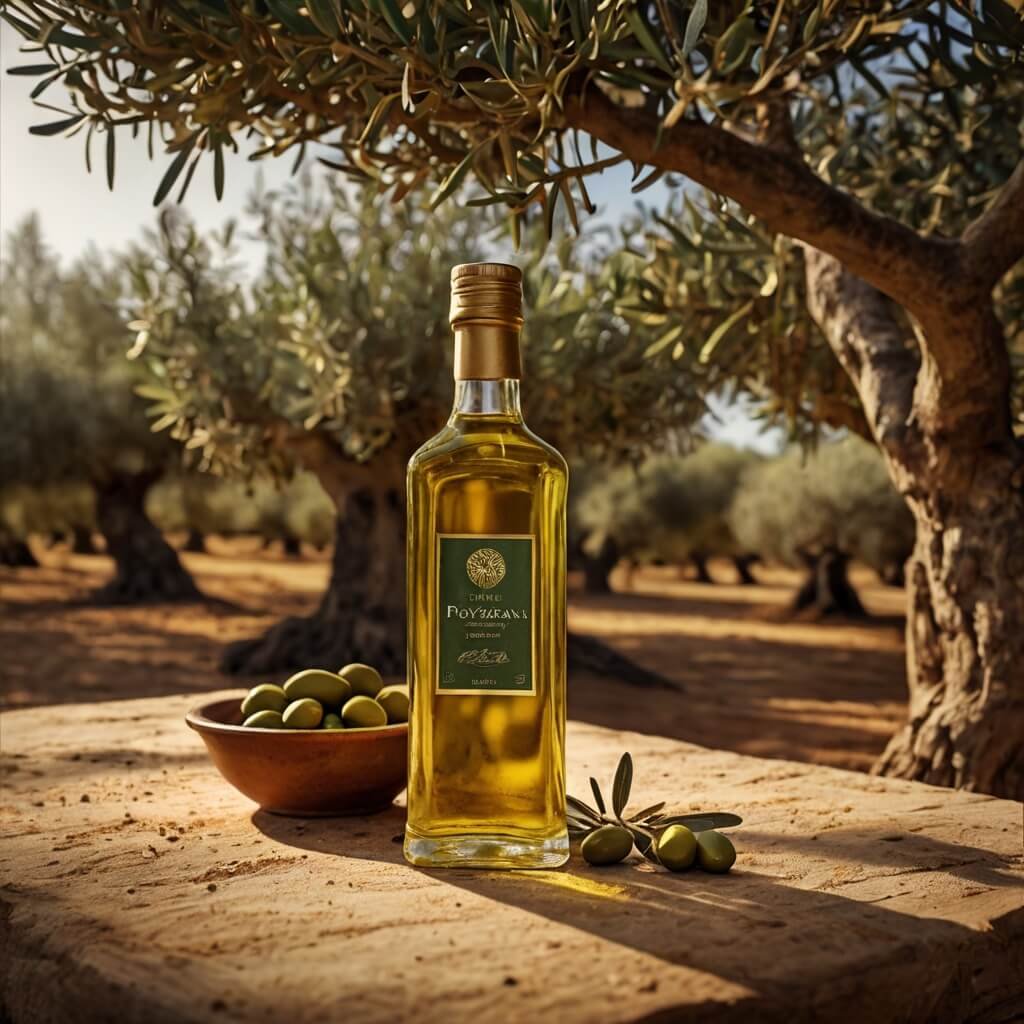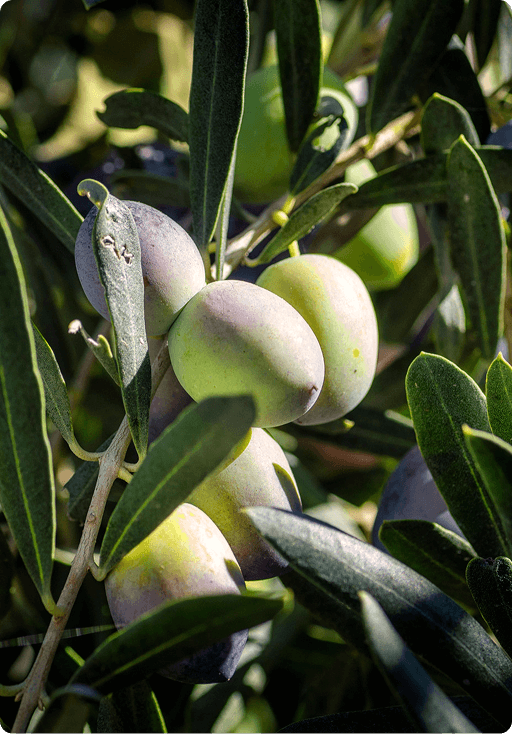
Polyphenols are powerful antioxidants found in plants, and in olive oil, they’re the compounds responsible for its bitterness, pungency, and health benefits. They help reduce inflammation, combat oxidative stress, and are linked to a lower risk of heart disease, cancer, and cognitive decline.
When it comes to choosing olive oil, polyphenol content is the gold standard. The higher the polyphenol count, the better the oil for both flavor and health. Polyphenols protect the oil from oxidation, give it a longer shelf life, and contribute to its spicy, peppery notes. In short, more polyphenols = more value.
Tunisia, despite being lesser-known in the Western market compared to Italy or Spain, is one of the largest producers and exporters of olive oil in the world. What sets it apart? The high polyphenol count. Thanks to unique olive cultivars like Chemlali and Chetoui, Tunisia produces oils naturally rich in these powerful antioxidants.
Tunisian olive oil primarily comes from two native olive types:
The Mediterranean climate, combined with Tunisia’s dry soil, limited rainfall, and traditional low-irrigation farming methods, stresses the olive trees just enough to trigger higher polyphenol production. The harsher the environment, the more the tree fights back by pumping out antioxidant-rich compounds.
It’s not just the tree that matters; how the oil is made matters just as much. In Tunisia, olives are often harvested early (green and unripe), when polyphenol content is at its peak. Then, they’re cold-pressed within hours to prevent degradation. These traditional methods preserve flavor and maximize the antioxidant content.
Multiple studies have shown that olive oils from Tunisia contain a significantly higher level of total phenolic compounds compared to oils from Spain and Italy, especially those made from the Chetoui cultivar. Published research in food science journals often cites Tunisian EVOO as a benchmark for antioxidant-rich oils.
Carthage Oil is a standout example of what makes Tunisian olive oil so special. Their extra virgin olive oil is cold-pressed, organic, and loaded with polyphenols, thanks to meticulous harvesting, traditional methods, and native cultivars. Their oils regularly test well above the average polyphenol levels found in mass-market European brands.
Oils high in polyphenols tend to be more stable, meaning they last longer without going rancid. They also have complex flavors, more bitterness and spiciness, which makes them perfect for finishing dishes, salad dressings, and health-conscious recipes.
Tunisia’s focus has always been on quality through tradition, not just flashy branding. Its oils are winning international awards not because of marketing but because of measurable quality: high polyphenol counts, sustainable farming, and minimal processing.
Absolutely not. Tunisia’s oils are often more authentic and less adulterated than some mass-produced European oils. With strict export standards and increasing recognition, Tunisian oils are among the best in the world, backed by chemistry, not hype.
If you care about taste, health, and authenticity, Tunisian olive oil should be on your shelf. With native cultivars like Chetoui, traditional harvesting, and climates that promote antioxidant production, Tunisia produces some of the most polyphenol-rich olive oils globally. Don’t let the lack of Italian marketing fool you; the science, taste, and benefits speak for themselves.
Yes. Thanks to high polyphenol content, it’s great for heart, brain, and gut health.
Look for oils made from the Chetoui cultivar, especially those labeled as cold-pressed and early harvest.
Tunisian oil often has higher polyphenols, though Italian oils may win on branding and availability.
Yes. Tunisia has strict export regulations, and its oils are among the most tested and authentic in the world.
Share Post:

Unlock a deeper connection with your kitchen, culture, and health.
Subscribe and be the first to experience the world of award-winning Tunisian extra virgin olive oil cold-pressed, antioxidant-rich, and rooted in centuries of tradition.
Get insider-only recipes, wellness tips, early access to new harvests, and members-only deals starting with 5% off on your first purchase.